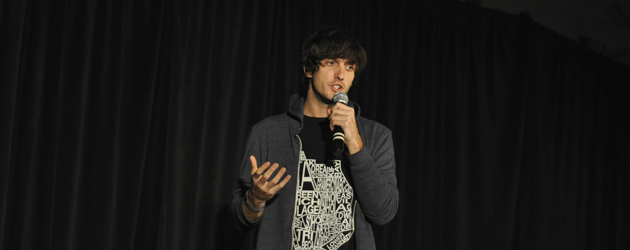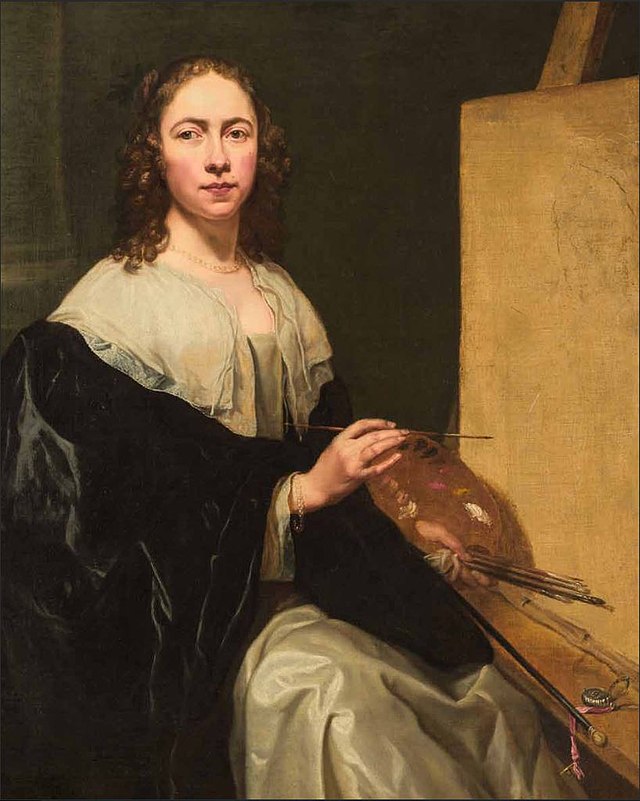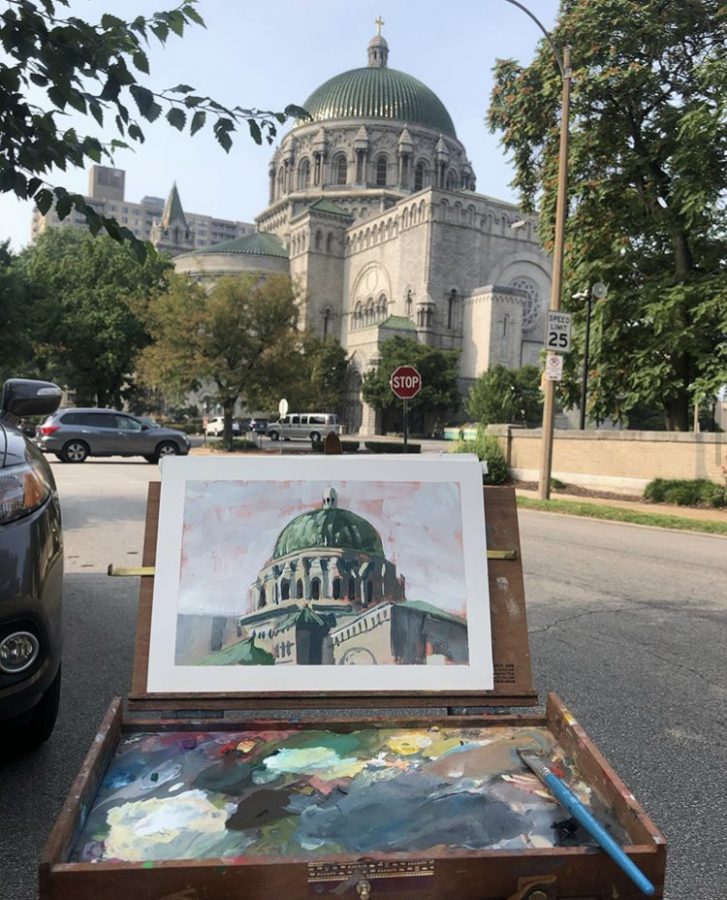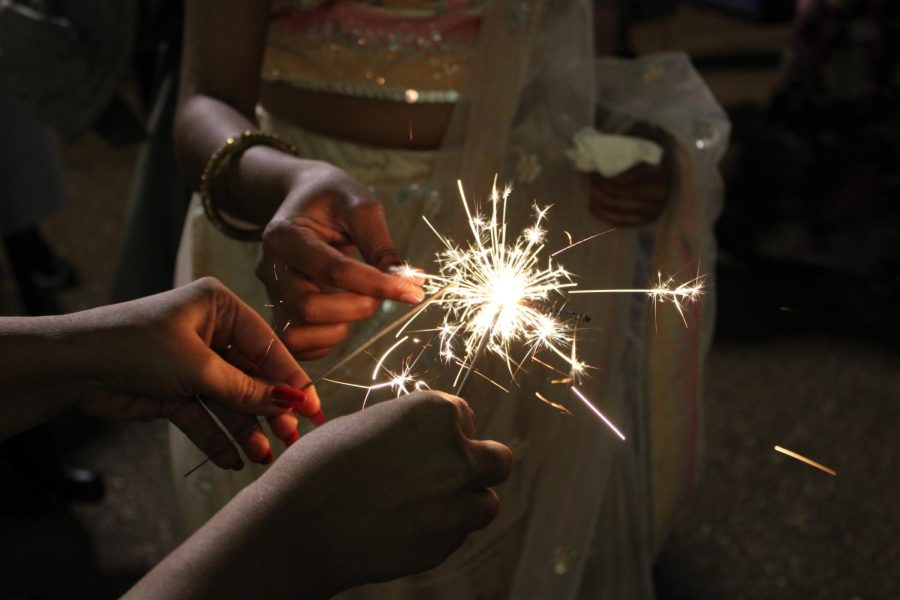
The first-year summer reading book is back, and Julie Otsuka has come with it.
The Great Issues Committee and the First-Year Experience initiative sponsored a lecture by Otsuka on Wednesday, Nov. 2. Otsuka is the author of “When the Emperor Was Divine,” a 2003 novel selected for this year’s first-year summer reading program.
An extension of Otsuka’s M.F.A. project, “When the Emperor Was Divine” is a brisk, subtle and poetic novel set in Berkeley, Calif. in 1942. When a Japanese woman living in America sees a warning sign in a storefront window, she returns home immediately to pack up her family’s possessions and gather her children. Soon after, they are put on a train and sent to an internment camp in the Utah desert. The novel narrates the event in five parts, each from a different point of view- one for each member of the family.
Otsuka followed “When the Emperor Was Divine” with “The Buddha in the Attic,” which was released to critical acclaim in August of 2011. “The Buddha in the Attack” views the American Dream through the eyes of Japanese mail-order brides who came to America in the early 1900s. It was nominated for the National Book Award.
Otsuka, who is a Japanese-American, spoke about her surprise at the interest in her novel when she first started writing. She said she was moved by the positive reception it received. Part of her motivation to tell this story was the history of the wide-spread assimilation of Japanese-Americans after the war. Many were shamed by their perceived disloyalty and sought to move themselves as far from Japanese culture as possible.
“I think that writing the novel was a way of keeping the memory of the camps alive,” Otsuka said.
She said she was particularly moved to write about this era of American history because her mother had been sent to the internment camps when she was 10 years old. When Otsuka was younger, her mother would tell stories about specific days at “camp,” like the day she received new shoes or the time the camp’s chef accidentally made biscuits with Ajax instead of baking soda. But young Otsuka never fully understood what the camps were at the time.
Otsuka’s mother, who currently suffers from Alzheimer’s disease, began to tell a story at the outset of her mother’s illness about her last day in school before leaving for the camps. The teacher made her stand up and announced that she was leaving the class for a while. The teacher then had every student say goodbye to her, unintentionally humiliating Otsuka’s mother. Otsuka believes, however, that it was the teacher’s intention to try to make her students understand what was going on.
“How do you explain to a group of 10-year-olds that one of their classmates is being sent away because they are the wrong race?” Otsuka said.
Otsuka said that while the Japanese internment camps did not compare to the horrors of the German concentration camps, they are a part of America’s story that is not told enough. Despite this, however, Otsuka said that she never intended to write a novel about the camps.
“I was fairly deep into writing the novel before I realized I was writing about them,” Otsuka said.
The novel was not intended to be a political statement, but rather an attempt to understand her mother and the ordeal she experienced. Despite the novel’s success, Otsuka said that she was not sure she would ever understand what her mother went through. She said that writing was only 1 percent inspiration, and all the rest was long and hard work. She said she learned this while dealing with some of the hurdles she encountered while writing her novel.
“Writing the chapter set in the camp was the most difficult to write,” Otsuka said.
She said she knew she wanted to write the chapter from the perspective of a young boy, but that was the only inspiration with which she started. She said she spent about nine months writing and rewriting just the first paragraph, steadily growing more panicked that she would not get it right. After a strange week in New York City, she said she figured out what to say.
Within a span of four days, she saw three men who she said looked exactly like her brother, who was living in San Francisco at the time. It occurred to her that she was probably “seeing” him everywhere because she missed him. At that moment, she said she knew that was the perfect idea to use for her opening paragraph, allowing her to finally get over her writer’s block.
Otsuka ended her speech with the last chapter of her book, a chapter that had been perceived by critics as a surprisingly angry way to end the story. She said she thought it a more than appropriate way to end the emotionally-charged novel.



















